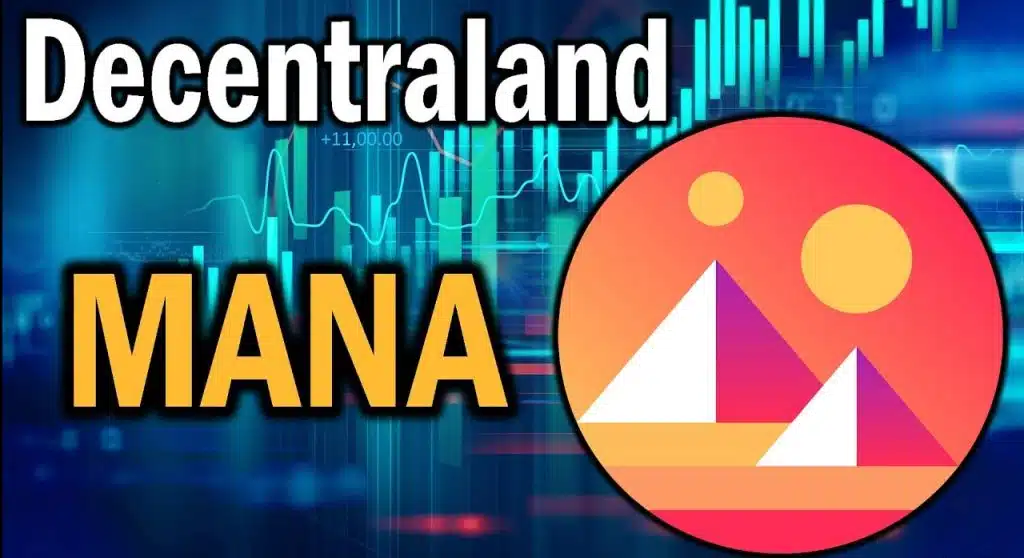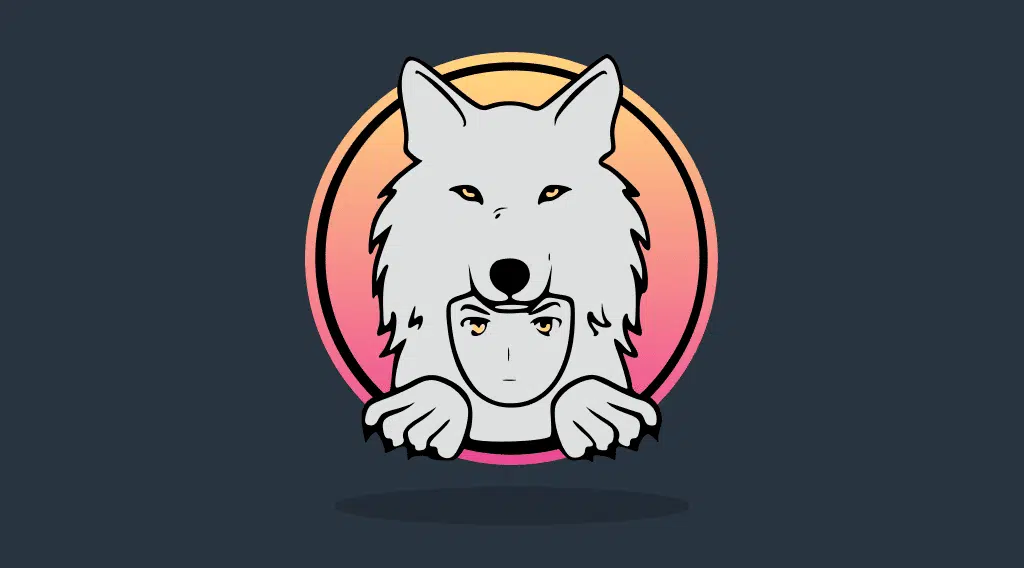Decentralized Autonomous Organizations (DAOs), entities operating on pre-set rules and primarily on the Ethereum blockchain, have taken the decentralized world by storm. This emergence underscores the importance of robust governance frameworks to ensure sustainability, transparency, and fair representation. To effectively invest and trade in Ethereum, you may visit at this link.
The Evolution of Ethereum’s DAO Ecosystem
Historically, the inception of DAOs on Ethereum was marred with skepticism, largely due to “The DAO” incident in 2016, where a flaw in the code allowed an attacker to drain millions worth of Ether. This event led to a hard fork in Ethereum, birthing Ethereum Classic. The incident emphasized the importance of solid governance. Over time, various governance frameworks have been proposed, each attempting to address the limitations of its predecessors.
Core Principles of DAO Governance
Decentralization and autonomy are foundational. They ensure that no single entity can control or manipulate the DAO. But with this comes the challenge of ensuring transparency (everyone should see what’s happening) and accountability (actions have consequences). Lastly, striking a balance between scalability and security is pivotal. Too centralized, and it defeats the purpose of a DAO. Too decentralized, and it may become inefficient.
Major Governance Frameworks: An Overview
- MolochDAO: Aims for simplicity. Members can “rage quit” if they disagree with a decision, allowing them to exit with their proportion of funds.
- Aragon: Known for modularity, it allows for various governance structures to be set up based on the specific needs of a DAO.
- DAOstack: It employs holographic consensus, where decisions are made faster by using a prediction game.
- Colony: Here, reputation is king. The more one contributes, the higher their reputation and decision-making power.
Comparative Analysis: Strengths and Weaknesses
- MolochDAO offers a high degree of security, largely owing to its minimalistic design which provides fewer points of vulnerability. Its usability is rated as medium, mainly because its unique approach can be a bit daunting for newcomers. However, when it comes to flexibility and scalability, MolochDAO ranks low and medium, respectively. The flexibility is limited due to its focused and simplistic design, while its scalability remains average.
- Aragon stands out in terms of usability, flexibility, and scalability—all rated high. Its intuitive interface is tailored for varied user experiences, while its modularity allows DAOs to structure their governance according to specific needs. On the security front, Aragon ranks as medium. While it’s robust, its complex functionalities might present potential vulnerabilities.
- DAOstack boasts high security, usability, and scalability. The holographic consensus approach not only strengthens its security but also enhances its scalability, making decision-making faster and efficient. Its flexibility is medium, as it is tailored more for specific types of organizations.
- Colony emphasizes a reputation-driven model. This focus earns it high marks in security and scalability—ensuring that those who contribute most have a significant say, and can handle growth well. Its usability and flexibility are both rated as medium, balancing between user-friendly features and a more rigid reputation system.
- Security: While all frameworks prioritize security, MolochDAO’s minimalistic approach offers fewer points of failure.
- Usability: Aragon and DAOstack shine due to their user-friendly interfaces and modular approaches.
- Flexibility: Aragon takes the lead, allowing varied governance structures.
- Scalability: DAOstack and Aragon, with their innovative approaches, can handle larger DAOs more efficiently.
Real-world Applications and Case Studies
- MolochDAO was pivotal in funding Ethereum 2.0 research, showcasing its real-world utility.
- Aragon powers numerous organizations, from small DAOs to the decentralized finance giant Aave.
- DAOstack has been the bedrock for DAOs like Genesis Alpha, which funds Ethereum projects.
- Colony has seen adoption in decentralized project management spaces, emphasizing reputation-based contributions.
The Future of DAO Governance on Ethereum
With innovations such as Layer-2 solutions, cross-chain compatibility, and more, the Ethereum DAO landscape is ripe for evolution. Governance tokenomics (using tokens to vote and make decisions) are gaining traction, but they come with challenges—primarily the risk of centralization if a few “whales” hold significant amounts.
Community and Governance
The wider Ethereum community is the linchpin of DAO governance. Community proposals, debates, and feedback often refine and redefine governance rules, ensuring they remain relevant and democratic.
Critical Perspectives
There’s a potential pitfall in on-chain governance leaning towards plutocracy. If decisions are based on token holdings, then the richest could control decisions. Algorithmic decision-making, too, brings up ethical challenges: Can a code truly replace human discretion?
Conclusion
The journey of DAO governance has been tumultuous but enlightening. As we march into a more decentralized future, tools which serve as a tool to simplify navigation within the Ethereum network, play a pivotal role. The frameworks discussed herein will undoubtedly evolve, with lessons from the past guiding the path forward. It is up to the community, developers, and stakeholders to ensure that DAOs remain a beacon of democratized decision-making in the digital age.

![Dogecoin Price Prediction 2050 [Updated] 1 Dogecoin price prediction 2050](https://knowworldnow.com/wp-content/uploads/2022/03/Dogecoin-price-prediction-2050.webp)
![SafeMoon Price Prediction 2023, 2025, 2030, 2040, 2050 [Updated] 2 SafeMoon Price Prediction 2023, 2025, 2030, 2040, 2050](https://knowworldnow.com/wp-content/uploads/2022/09/SafeMoon-Price-Prediction-2023-2025-2030-2040-2050.png.webp)

